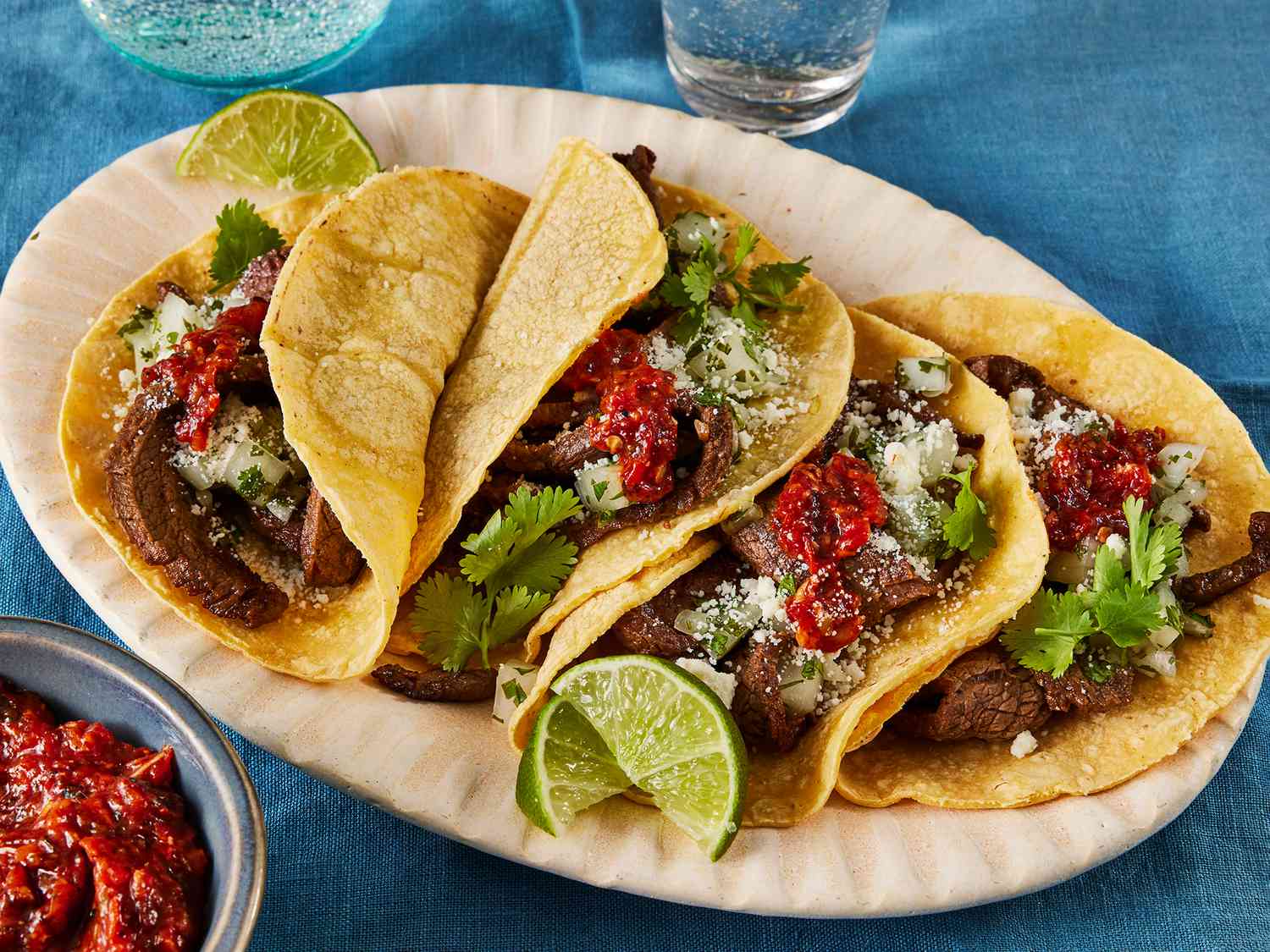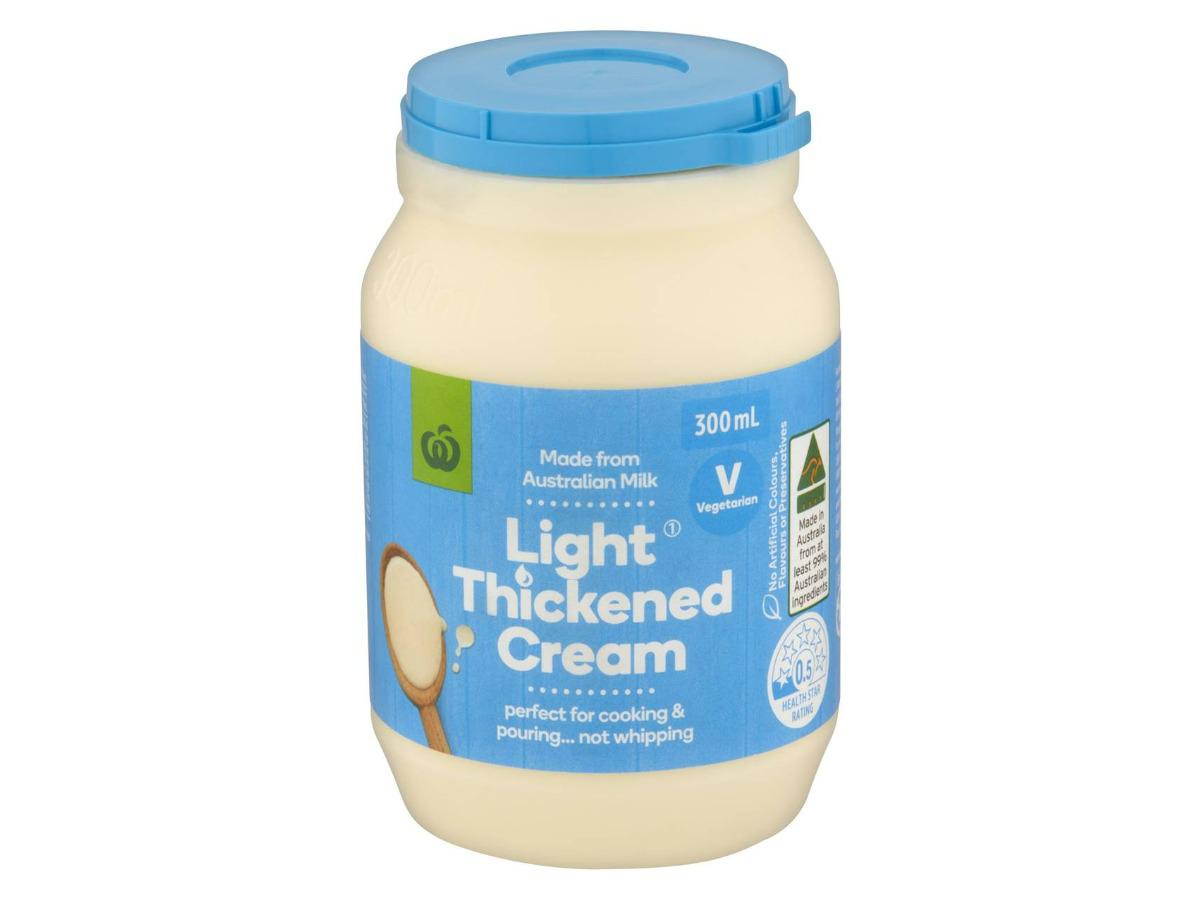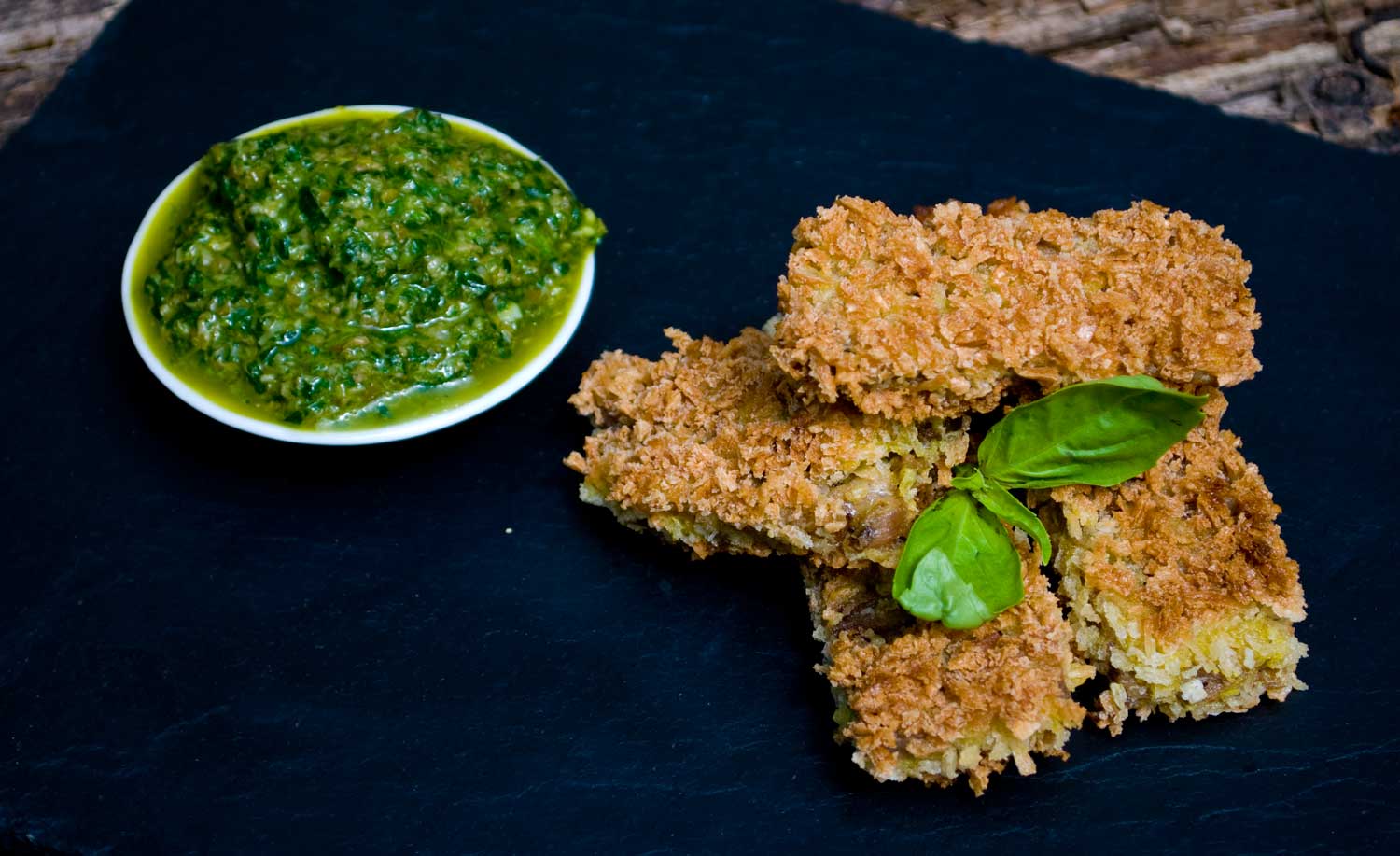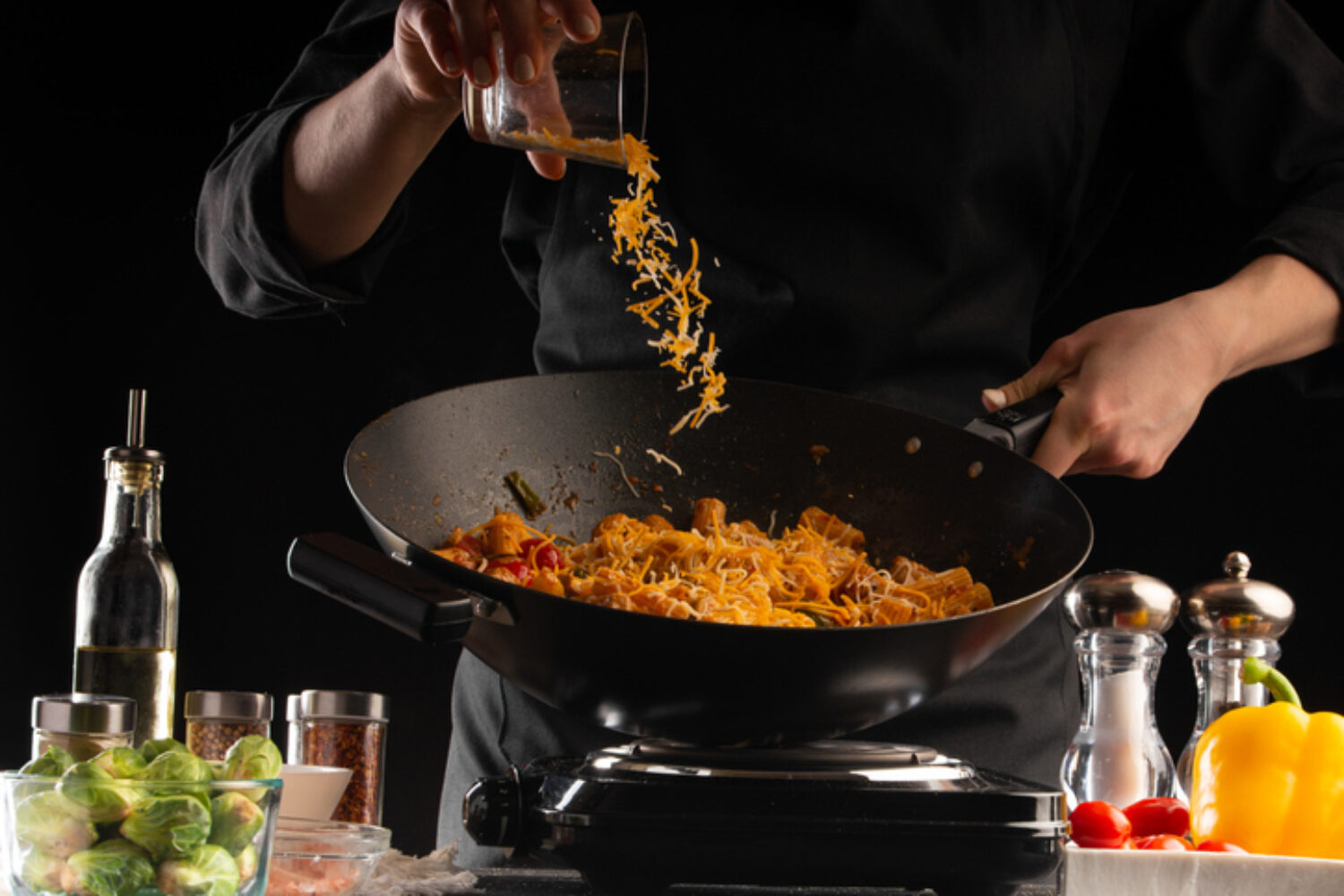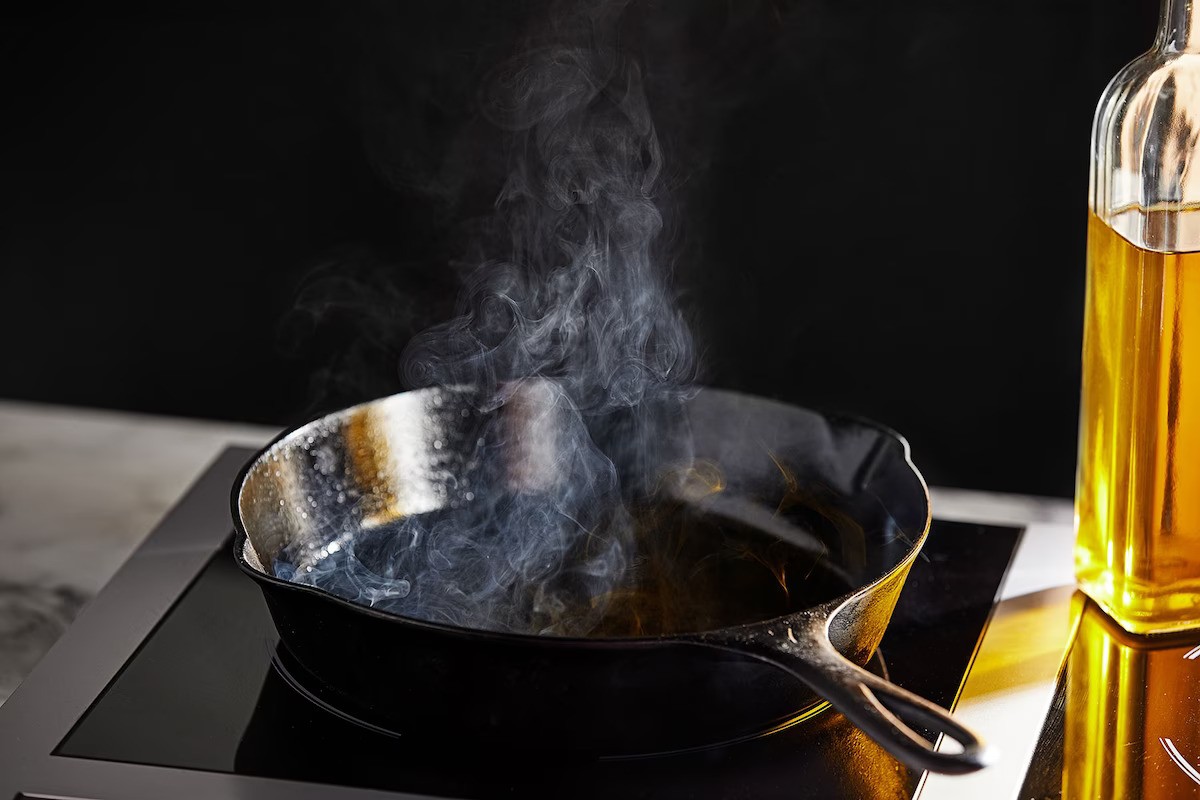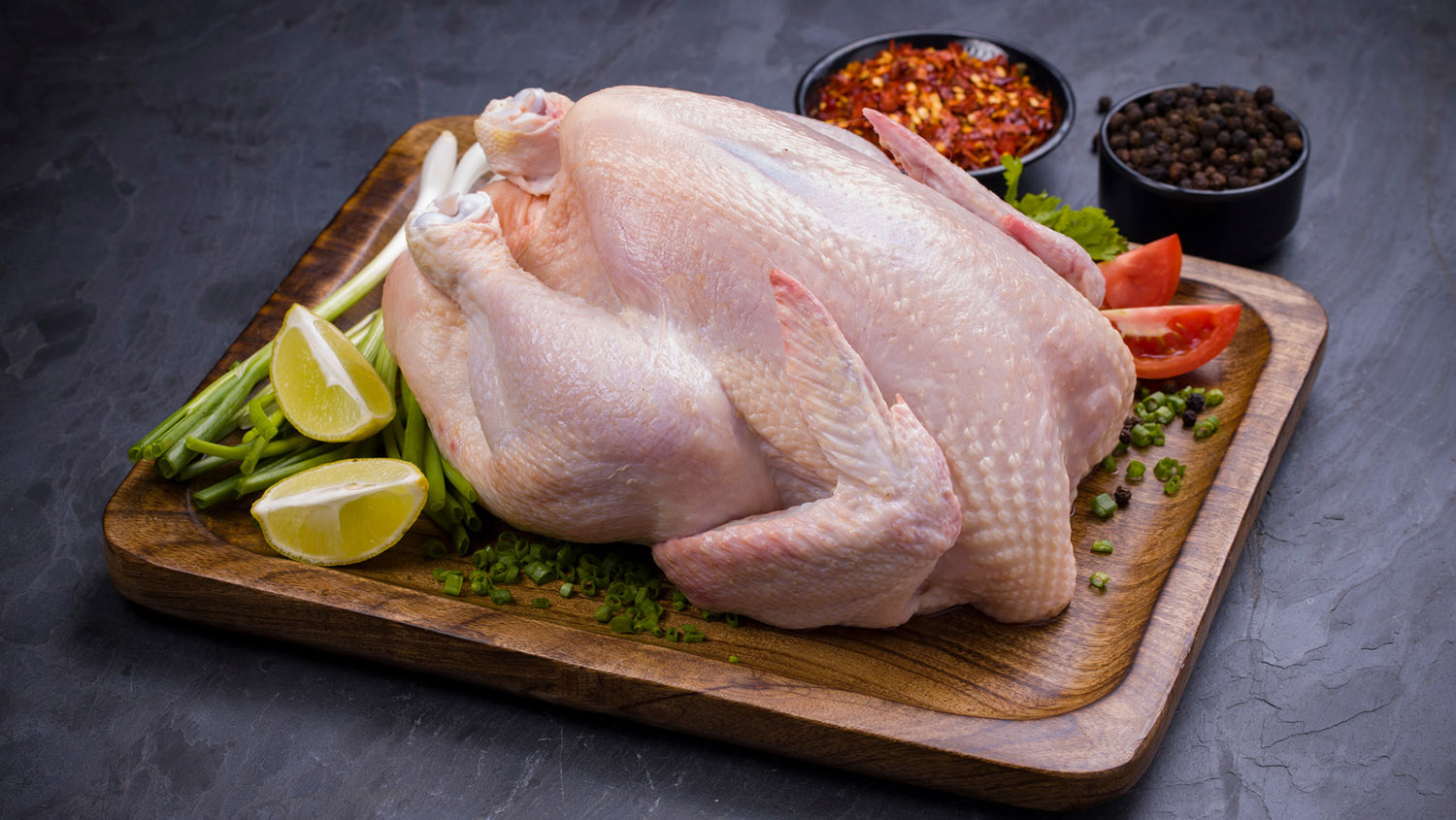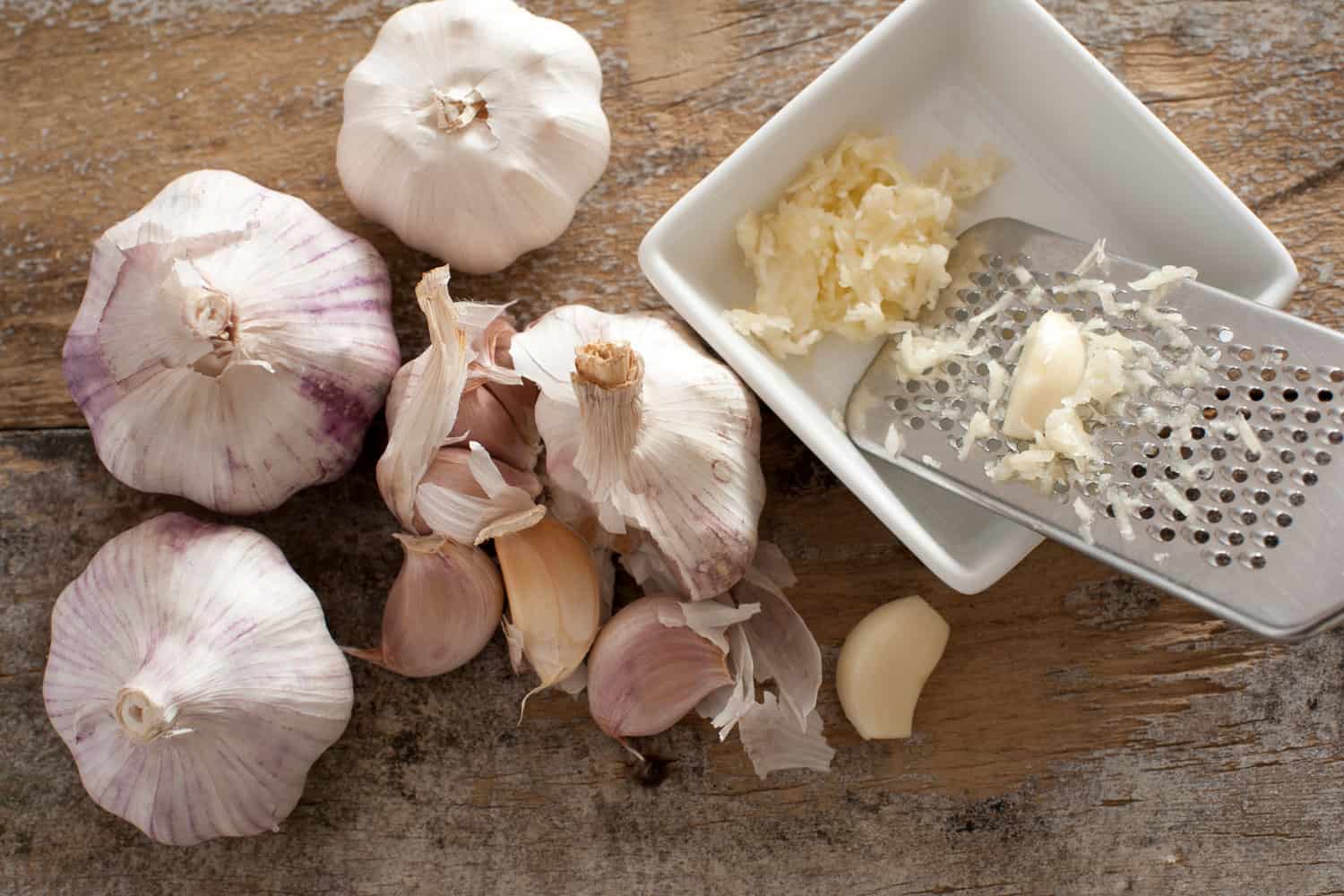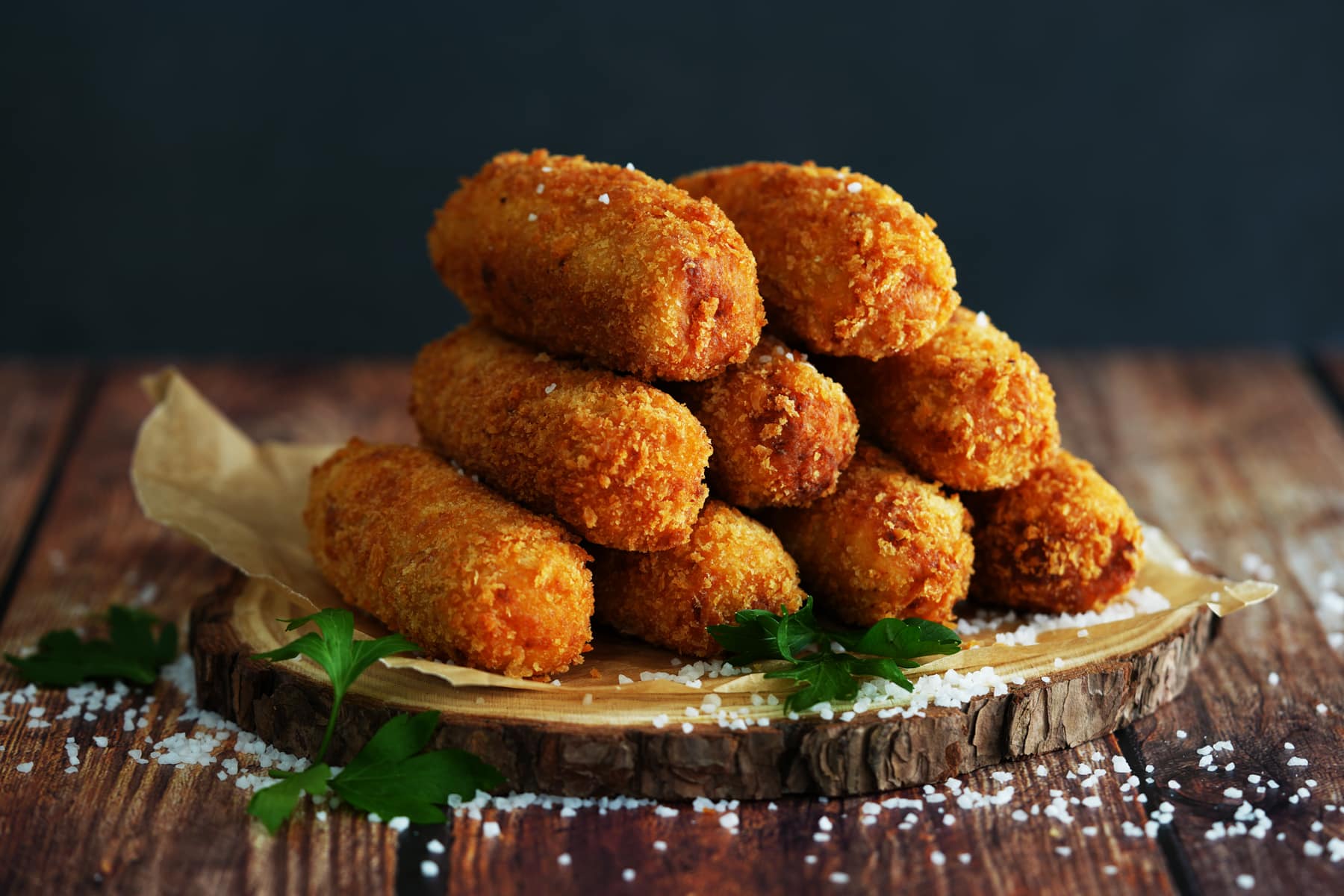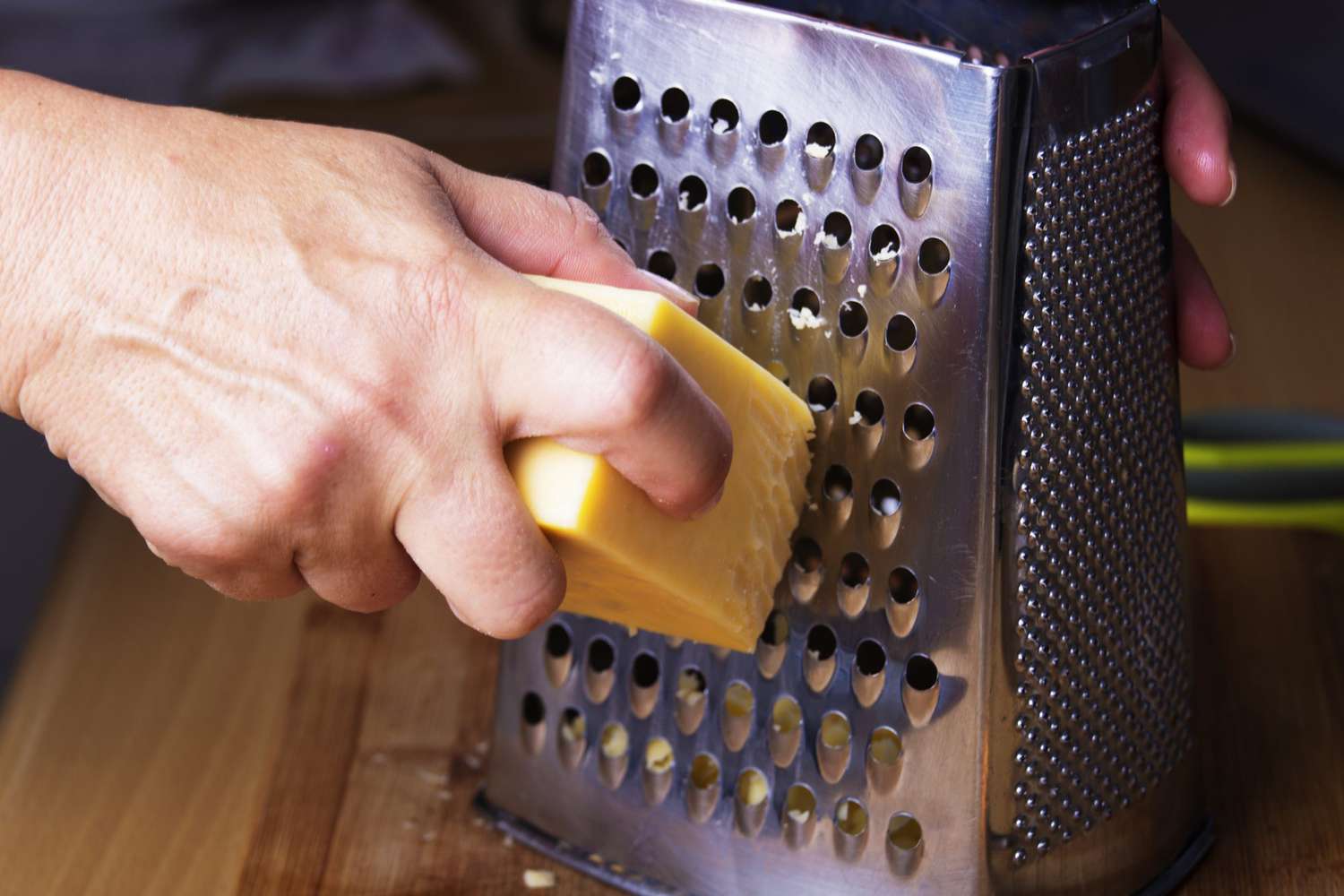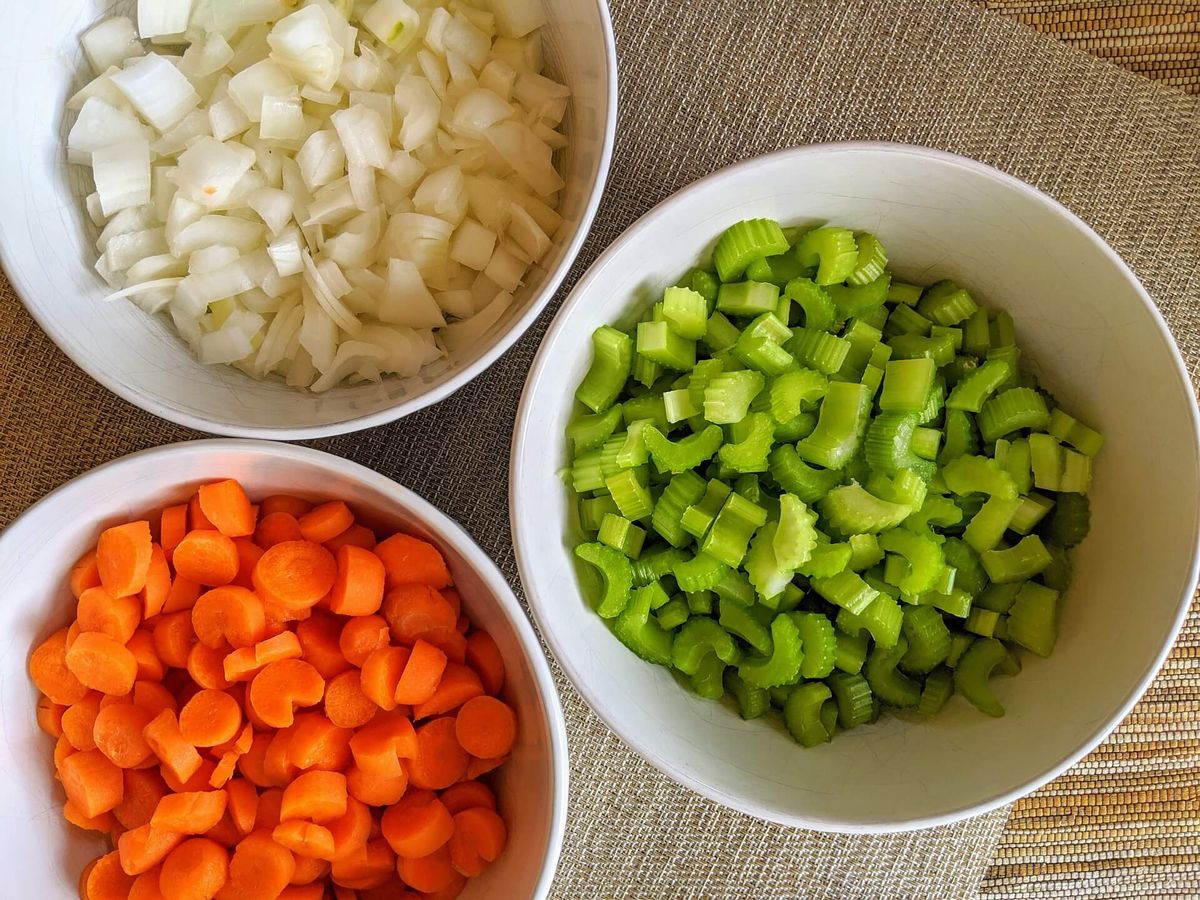Egyptian Cuisine: A Culinary Journey Through History and Flavor
When it comes to culinary delights, Egyptian cuisine is a treasure trove of flavors, aromas, and history. Influenced by the ancient civilizations that once thrived along the Nile River, as well as the various cultures that have left their mark on the region over the centuries, Egyptian cuisine is a rich tapestry of tradition and innovation.
From aromatic spices to hearty stews, Egyptian cuisine offers a diverse array of dishes that are sure to tantalize the taste buds of food enthusiasts around the world. Let’s take a closer look at the unique flavors and ingredients that define this ancient culinary tradition.
Key Ingredients in Egyptian Cuisine
Egyptian cuisine is characterized by the use of fresh, locally-sourced ingredients that reflect the country’s rich agricultural heritage. Some of the key ingredients that feature prominently in Egyptian dishes include:
- Grains: Wheat, barley, and rice are staples in Egyptian cuisine, forming the basis of many traditional dishes.
- Legumes: Fava beans, chickpeas, and lentils are widely used in Egyptian cooking, often featured in hearty soups and stews.
- Herbs and Spices: Cumin, coriander, garlic, and parsley are just a few of the aromatic herbs and spices that add depth and complexity to Egyptian dishes.
- Protein: Fish, poultry, and lamb are commonly consumed in Egypt, with dishes like grilled kebabs and savory fish stews showcasing the country’s diverse culinary offerings.
- Fruits and Vegetables: From juicy tomatoes and crisp cucumbers to sweet dates and figs, Egyptian cuisine makes ample use of the bountiful produce that thrives in the country’s fertile soil.
Signature Dishes of Egyptian Cuisine
One cannot explore Egyptian cuisine without delving into its iconic dishes, each offering a unique blend of flavors and textures that capture the essence of the country’s culinary heritage. Some of the must-try dishes include:
- Koshari: A beloved street food, koshari is a hearty dish featuring a medley of rice, lentils, and pasta, topped with a tangy tomato sauce and crispy fried onions.
- Molokhia: This nutritious green soup, made from the leaves of the molokhia plant, is often simmered with garlic and coriander and served with rice or bread.
- Ful Medames: A traditional breakfast dish, ful medames consists of slow-cooked fava beans seasoned with garlic, lemon, and olive oil, often enjoyed with a side of fresh bread.
- Samak Mashwi: Grilled fish, seasoned with a blend of spices and herbs, is a popular choice among seafood lovers in Egypt, showcasing the country’s coastal culinary traditions.
- Roz Bel Laban: A luscious rice pudding, flavored with rose water and topped with a sprinkle of nuts, roz bel laban is a beloved dessert that provides a sweet conclusion to an Egyptian meal.
The Influence of History and Culture
It’s important to recognize that Egyptian cuisine is not just about the food itself; it’s a reflection of the country’s rich history and diverse cultural influences. From the ancient pharaohs to the Arab conquests and the Ottoman rule, Egypt’s culinary landscape has been shaped by a myriad of historical events and cultural exchanges.
Furthermore, the geographical diversity of Egypt, from the fertile Nile Delta to the bountiful shores of the Mediterranean Sea, has contributed to the wide range of ingredients and cooking techniques found in Egyptian cuisine.
Conclusion
As we’ve explored the vibrant tapestry of flavors and traditions that define Egyptian cuisine, it’s clear that this ancient culinary tradition is a testament to the country’s rich history and cultural heritage. From aromatic spices to hearty stews, and from street food favorites to indulgent desserts, Egyptian cuisine offers a culinary journey like no other, inviting food enthusiasts to savor the diverse and delectable flavors of this storied land.
So, whether you’re exploring the bustling streets of Cairo or savoring a homemade Egyptian feast in your own kitchen, be sure to indulge in the tantalizing delights of Egyptian cuisine, and experience the magic of this ancient culinary legacy.
Was this page helpful?
Read Next: What Is Fragrant Rice
